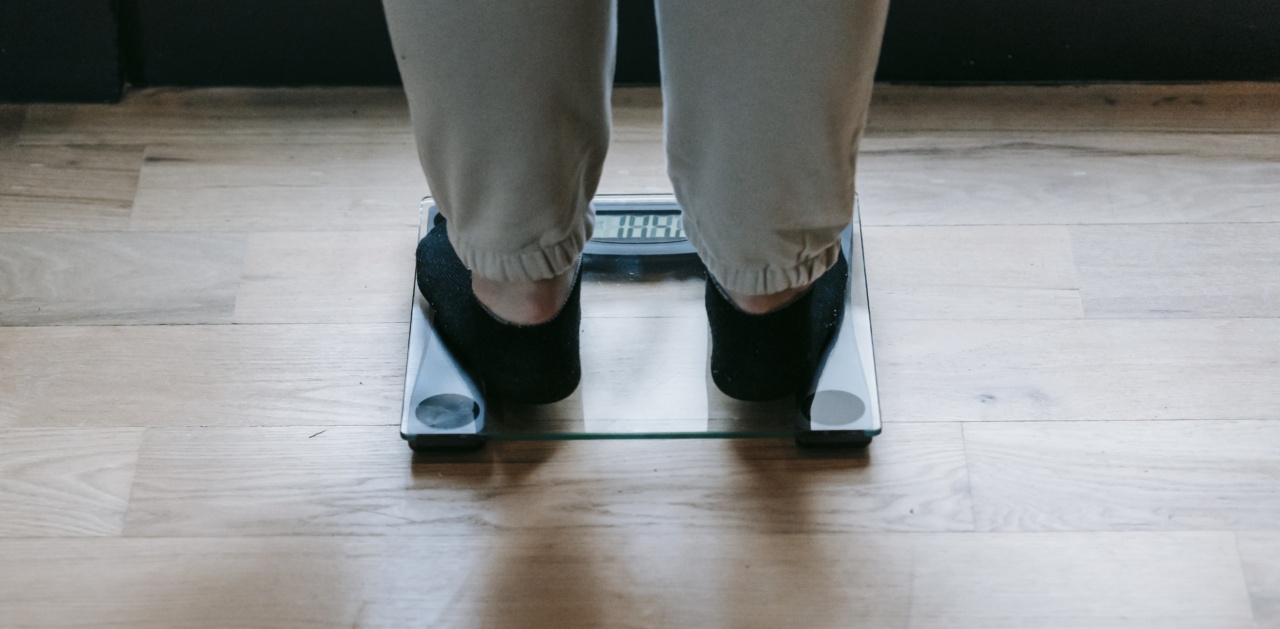Urinary incontinence is a common condition that affects people of all ages and genders. It refers to the unintentional leakage of urine, which can have a significant impact on a person’s quality of life.
While there can be various causes of urinary incontinence, one factor that has been consistently linked to its development in females is excess weight.
What is Urinary Incontinence?
Urinary incontinence is the involuntary leakage of urine, which can range from mild to severe. This condition can occur due to various reasons, including weakened pelvic floor muscles, nerve damage, hormonal changes, and urinary tract infections.
It can also be a result of excess weight.
The Link Between Excess Weight and Urinary Incontinence
Excess weight can put additional pressure on the bladder, urethra, and pelvic floor muscles, leading to urinary incontinence. The excess weight places strain on these structures, compromising their ability to function properly.
This can result in stress incontinence, which is the most common type of urinary incontinence in females.
The Role of Body Mass Index (BMI)
Body Mass Index (BMI) is a measurement that determines whether a person is underweight, normal weight, overweight, or obese. It is calculated by dividing a person’s weight in kilograms by their height in meters squared.
Numerous studies have found a positive correlation between BMI and urinary incontinence in females. The higher the BMI, the greater the likelihood of experiencing urinary incontinence.
How Excess Weight Affects the Bladder
Carrying excess weight can weaken the bladder muscles and reduce the bladder’s capacity to hold urine. This compromises the bladder’s ability to control the release of urine, resulting in urinary incontinence.
Additionally, excess weight can cause chronic inflammation, which further contributes to bladder dysfunction and urinary incontinence.
Impact on Pelvic Floor Muscles
The pelvic floor muscles play a crucial role in maintaining urinary continence. These muscles support the bladder, uterus, and rectum. Excess weight can weaken these muscles, making it difficult to control the release of urine.
Furthermore, excess weight can lead to increased intra-abdominal pressure, placing additional stress on the pelvic floor muscles and increasing the risk of urinary incontinence.
Hormonal Changes
Excess weight can disrupt hormonal balance in the body, particularly affecting estrogen levels. Estrogen helps maintain the elasticity and strength of the pelvic floor muscles and tissues.
When estrogen levels are affected by excess weight, it can lead to weakened pelvic muscles and increased likelihood of experiencing urinary incontinence.
Pregnancy and Excess Weight
Pregnancy can put strain on the bladder and pelvic floor muscles due to increased weight and hormonal changes. Excess weight during pregnancy can exacerbate these issues, leading to urinary incontinence.
Additionally, weight gained during pregnancy can be difficult to lose postpartum, further increasing the risk of ongoing urinary incontinence for women.
Improving Urinary Incontinence through Weight Loss
Losing excess weight can significantly improve urinary incontinence symptoms in females. By reducing body weight, the strain on the bladder, urethra, and pelvic floor muscles is alleviated.
This can improve muscle strength and control, reducing the frequency and severity of urinary incontinence episodes.
Prevention and Management
Preventing excess weight gain and maintaining a healthy weight is crucial in preventing urinary incontinence. Regular exercise, a balanced diet, and lifestyle changes can help manage weight and reduce the risk of developing urinary incontinence.
For those already experiencing urinary incontinence, consulting a healthcare professional is recommended for personalized treatment options that may include pelvic floor exercises, medication, or surgery.




























